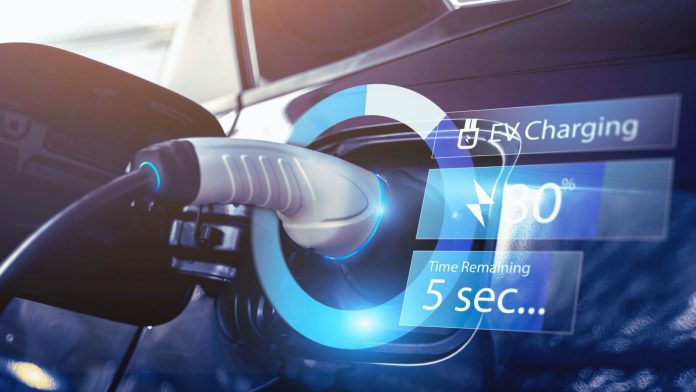ABB Robotics, a manufacturer of industrial robots, recently commissioned a study that polled almost 600 global industry experts from the engineering, manufacturing, and management fields. The results showed that 59% of those polled thought that the transition to EV production would not be possible within the legislative-mandated time frame.
Raw material shortages, high levels of capital investment, grid capacity issues, and a lack of infrastructure are some of the issues mentioned by experts who think these objectives are unattainable.
On the other hand, only 28% of those polled thought that legislative goals could be met. Only 11% of respondents, according to ABB, believed that all regional targets for the adoption of EVs by 2030 to 2040 were truly realistic, and 18% believed that the current targets would never be attained.
Automotive analyst at Automotive Manufacturing Solutions, Daniel Harrison suggests, the poll “confirms the challenges facing the automotive industry—that manufacturing is under strain and disrupted supply chains are under considerable stress.”
According to ABB Robotics, 26% of respondents mentioned the lack of facilities for charging EVs as a barrier to adoption, and 17% named EVs’ high prices. In addition, 16% of respondents cited the high levels of investment needed by automakers and suppliers as a barrier to EV adoption, and 19% cited adaptation to a new battery supply chain.
If there is any reason for hope in the poll, it may be the fact that 80% of experts believe it is possible to achieve sustainable manufacturing.
Regarding sustainability, several manufacturers have retooled their factories to become climate-neutral. When the amount of electricity and heating used by the factory does not result in a net rise in greenhouse gas emissions, the factory is considered to be climate neutral. A few manufacturers have taken things a step further by mandating that by a specific year, all of their suppliers become climate neutral.
This is probably the “new never normal,” Harrison continued, “which poses significant challenges to how quickly the industry can transition to electrification and also wider manufacturing sustainability targets, especially during a period of great economic uncertainty.” Additionally, there are still issues with labor availability, cost, and the speed at which big workforces can be retrained.



